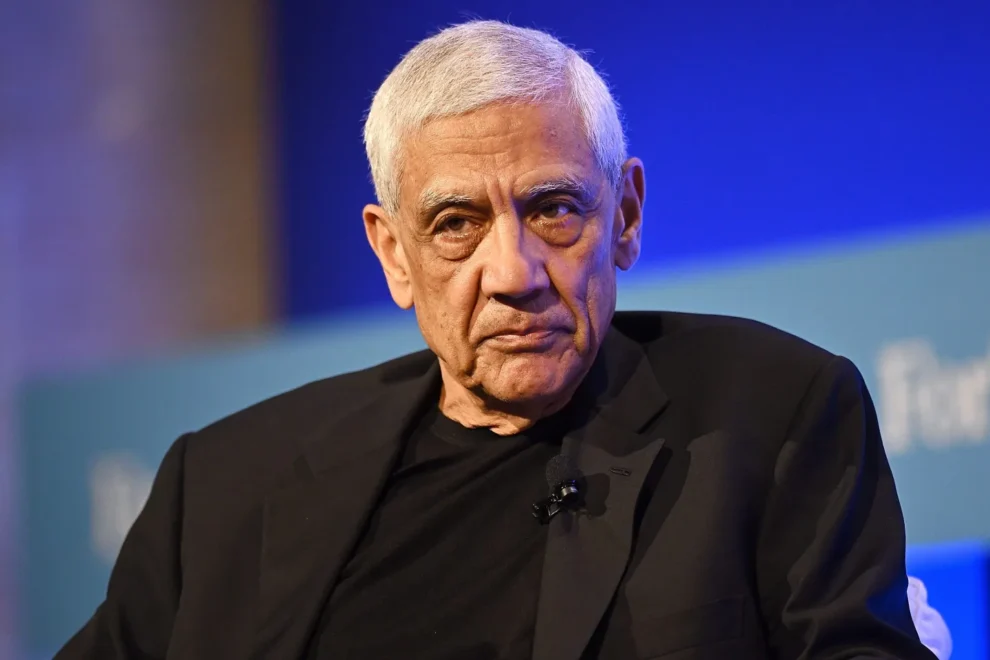Silicon Valley titan, Vinod Khosla, known for his bold predictions and groundbreaking investments, believes the key to understanding the future of AI lies in examining its historical trajectory. This isn’t about dusty old algorithms, but rather about recognizing the cyclical nature of innovation and how past breakthroughs can illuminate the path forward. Khosla, the founder of Khosla Ventures, has been a driving force in the tech world for decades, backing companies like Square, Affirm, and OpenAI. His insights into AI’s potential are rooted in a deep understanding of technological evolution and a keen eye for disruptive trends.
At a recent tech summit, Khosla captivated the audience with his perspective on AI, emphasizing the importance of historical context. He argued that many of the fears and anxieties surrounding AI today mirror those that surfaced during previous technological revolutions. “We’ve been here before,” Khosla explained, citing the societal upheaval caused by the Industrial Revolution and the advent of the internet. “Each time, we adapted, innovated, and ultimately thrived. AI is no different.”
Khosla’s optimism stems from his belief that AI has the potential to unlock unprecedented levels of productivity and economic growth. He envisions a future where AI automates mundane tasks, freeing humans to pursue more creative and fulfilling endeavors. This, he argues, will lead to a surge in innovation and a dramatic improvement in living standards.
Key takeaways from Khosla’s vision:
- History repeats itself: Just as previous technological advancements initially sparked fear and uncertainty, AI is undergoing a similar period of adjustment.
- AI as a catalyst for growth: Khosla believes AI will drive exponential economic growth by boosting productivity and freeing human potential.
- Embrace the disruption: Khosla urges society to embrace the changes brought about by AI, emphasizing the importance of adaptation and lifelong learning.
But Khosla’s vision isn’t without its caveats. He acknowledges the potential for job displacement and the need for robust ethical frameworks to guide AI development. He stresses the importance of responsible AI implementation, ensuring that its benefits are shared broadly and equitably.
“We have a moral imperative to ensure that AI serves humanity, not the other way around,” Khosla asserts. “This requires careful planning, open dialogue, and a commitment to inclusivity.”
My own experience with AI mirrors Khosla’s optimism. As a writer, I’ve witnessed firsthand how AI tools can enhance creativity and streamline workflows. While some fear that AI will replace writers altogether, I believe it will ultimately empower us to produce higher-quality work and explore new creative avenues.
Khosla’s insights offer a compelling roadmap for navigating the AI revolution. By learning from the past, embracing the present, and planning for the future, we can harness the transformative power of AI to create a more prosperous and equitable world.









Add Comment